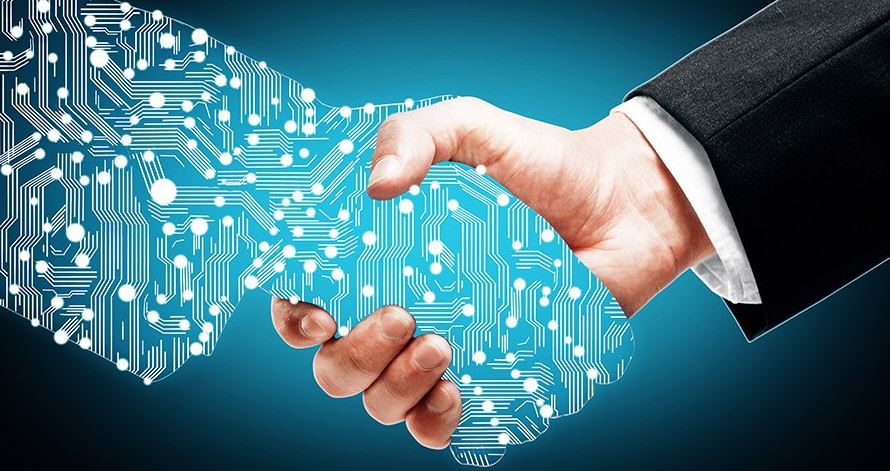×
The Standard e-Paper
Fearless, Trusted News

Every year, when we speak of the future of tech we repeat the same things: Cloud, Edge Compute, the IoT, AR. It seems like the same chairs being rearranged around the same old room.